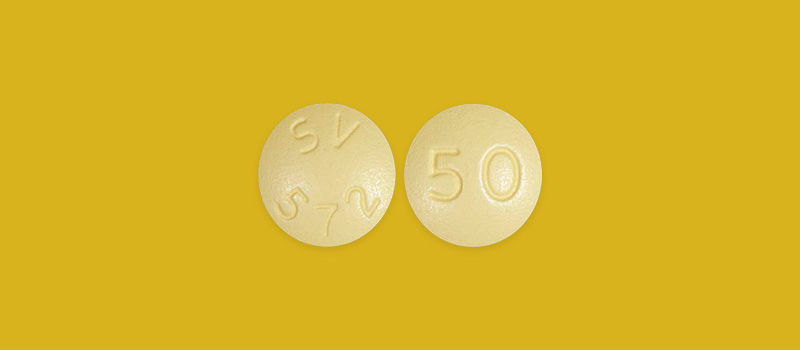 Doultegravir (DTG) is a highly effective, tolerable antiretroviral medicine with a high barrier to resistance; in 2015, WHO recommended it as an alternative first-line antiretroviral agent, pending data on safety and efficacy during pregnancy, nursing and TB treatment.
Doultegravir (DTG) is a highly effective, tolerable antiretroviral medicine with a high barrier to resistance; in 2015, WHO recommended it as an alternative first-line antiretroviral agent, pending data on safety and efficacy during pregnancy, nursing and TB treatment.
In May of 2018, an ongoing observational study in Botswana reported a potential safety signal among women living with HIV, who were using dolutegravir at the time of conception: neural tube defects, which are birth defects of the brain, spine, or spinal cord that happen during the first month of pregnancy. In Botswana, 4/426 infants were born to women who were using DTG at the time of conception (0.9%) versus 14 of 11,173 babies (0.1%) among women who were using other ARVs at conception. Of note, DTG use during pregnancy has not been linked to neural tube defects *.
We take this news very seriously, and are concerned about the initial data. We anticipate updated guidelines from WHO, as more information becomes available. In the meantime, we support WHO recommendations:
- That pregnant women who are using DTG-based treatment should not stop their treatment, and should consult with their health care providers.
- That women living with HIV who are of child-bearing age – including pregnant women- should be offered treatment with drugs that are known to be safe and effective during pregnancy.
- For women of childbearing age who cannot use other first-line ARVs, DTG use may be considered when consistent access to contraception is assured.
- For programmes to continue and strengthen pharmacovigilance, including monitoring birth outcomes.
This alert underscores the need to more fully characterize safety and efficacy of antiretroviral medicines during pregnancy, nursing and TB treatment before their roll-out in low- and middle-income countries, and for careful monitoring of birth outcomes.
In addition, we advocate for holistic HIV and sexual and reproductive health and rights (SRHR) services, so that family planning, contraceptive services and HIV treatment go hand-in-hand, and women who are living with HIV and their practitioners can assess the best options.
According to the WHO statement: “Preliminary data from the aforementioned study in Botswana so far seem to suggest that the potential safety issue arises from a woman’s exposure to DTG at the time of conception, rather than during pregnancy. From the same study, there is currently no evidence of any infant born with a neural tube defect to a woman who started DTG during her pregnancy. Surveillance is ongoing for additional pregnant women in Botswana who were exposed to DTG at time of conception. Their deliveries will be monitored closely over the next 9 months (May 2018 – February 2019), and results are expected to be known soon thereafter. These data will provide more information about the safety of DTG for women of childbearing age.”
We will be following the further data, analysis and recommendations closely, and updating our position accordingly. For women in this risk category, caution should be exercised in the meantime. For people outside of this risk category, DTG continues to be an important drug due to the improved quality of life associated with combination therapies that include DTG. We will continue to advocate for intellectual property barriers to be removed so that access can be increased.
Statements from WHO, the European Medicines Agency (EMA), the US Food and Drug Administration, the British HIV Association (BHIVA), the South African HIV Clinicians Society (SAHCS), PEPFAR and ViiV are available at:
- WHO
- EMA
- USFDA
- BHIVA
- SAHCS
- PEPFAR
- ViiV
- * For more information about DTG use during pregnancy, see HIV Treatment Bulletin from HIV I-base: http://i-base.info/htb/34093

